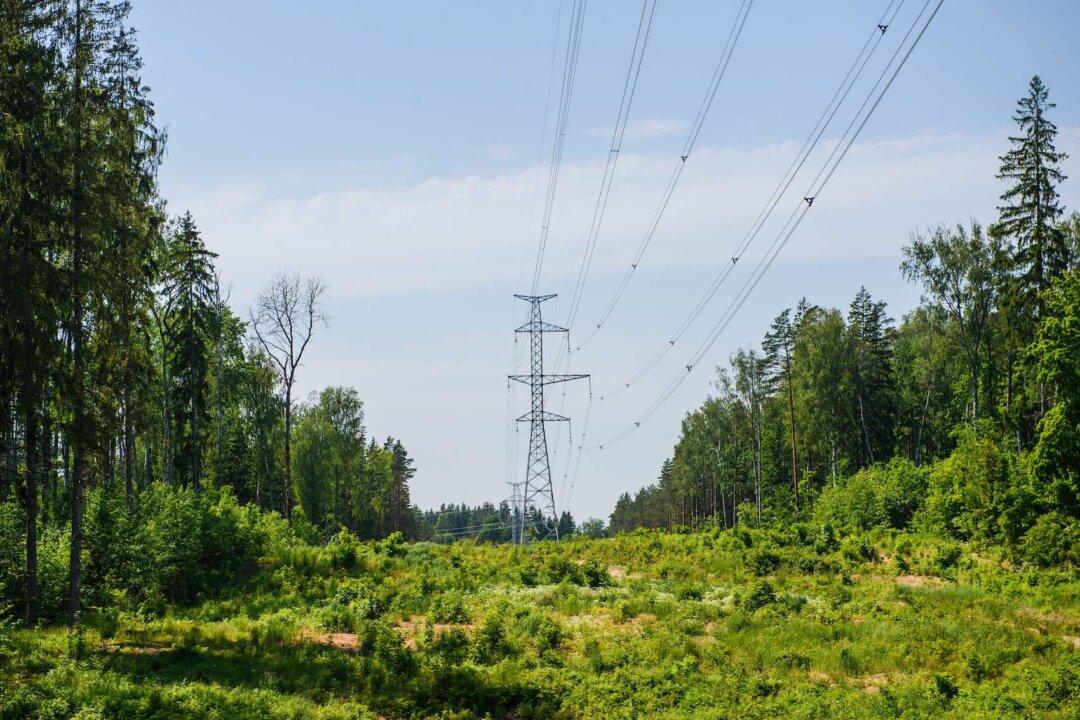Baltic states are continuing with efforts to disconnect their electricity networks from Russia and synchronize them with the continental European power system amid the Russia–Ukraine conflict.
In July 2023, Estonia, Latvia, and Lithuania agreed to accelerate their efforts to synchronize their power grids with continental Europe via Poland by February 2025, according to a statement by Lithuania’s Ministry of Climate and Energy. An initial deadline to finalize the transition had been set for the end of 2025.





